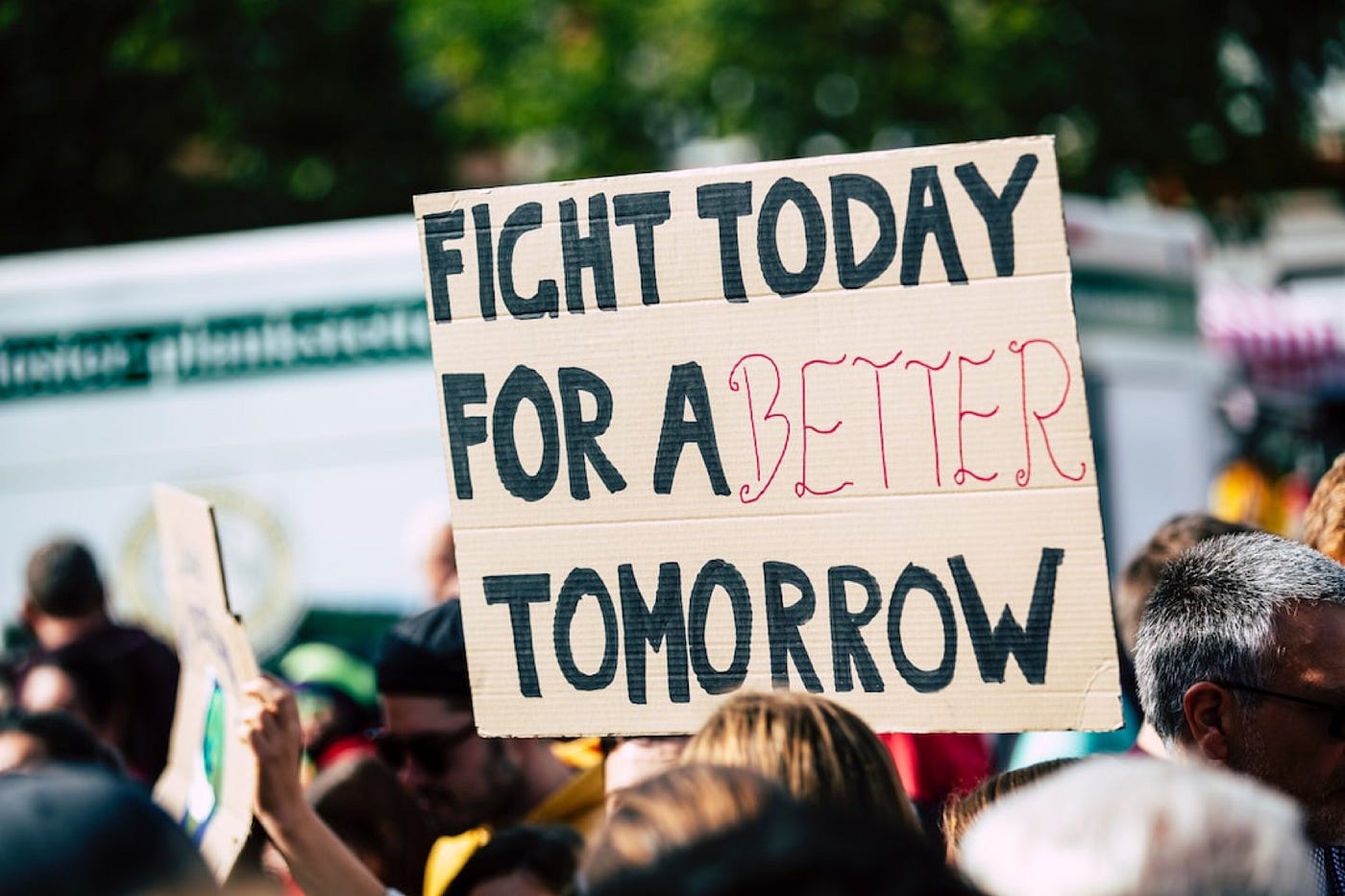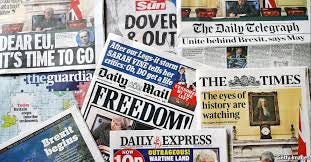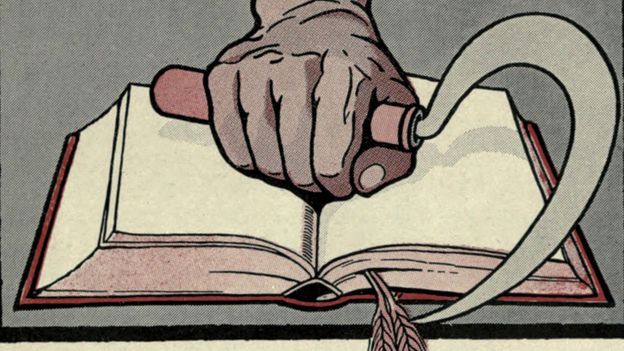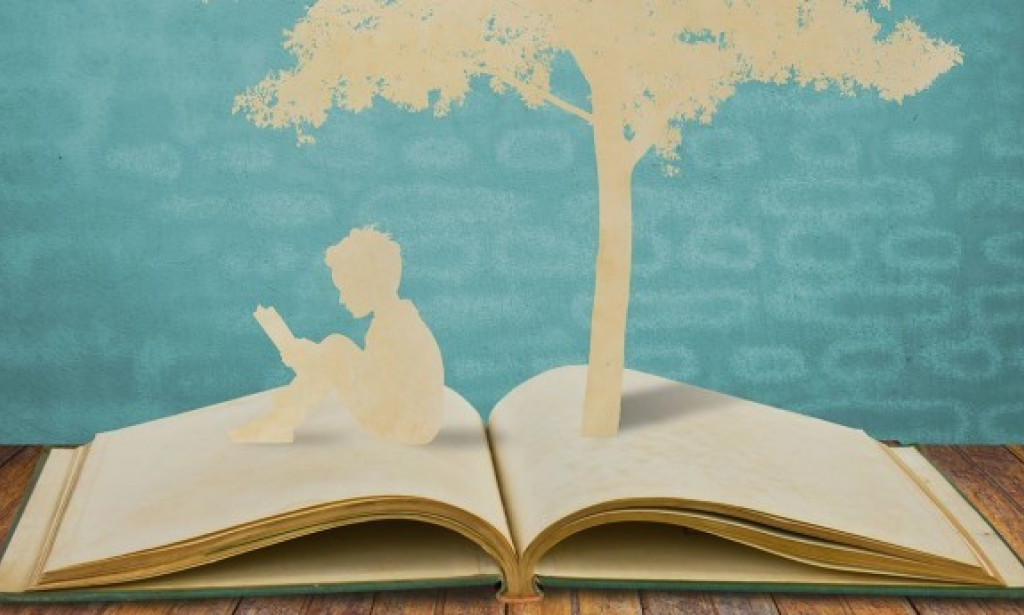Table of Contents
- Introduction: The Power of Literature in Society
- Literature as a Reflection of Social Issues
- Inspiring Activism Through Stories and Narratives
- The Role of Fiction and Non-Fiction in Shaping Public Opinion
- Censorship and the Suppression of Revolutionary Literature
- The Digital Age: Literature’s Role in Modern Social Movements
- Conclusion: Literature as a Timeless Force for Change
1. Introduction: The Power of Literature in Society
Literature has always played a significant role in shaping societies, influencing cultural norms, and sparking revolutions. From ancient epics that preserved history and values to contemporary novels that challenge oppressive systems, literature has served as both a mirror and a roadmap for change. Writers use their works to document struggles, expose injustices, and inspire readers to think critically about the world around them. Whether through poetry, essays, or fiction, literature has the ability to mobilize people toward meaningful action.
2. Literature as a Reflection of Social Issues
One of literature’s greatest strengths is its ability to highlight and critique social injustices. Many classic works have exposed the realities of oppression, poverty, and discrimination. For example, Harriet Beecher Stowe’s Uncle Tom’s Cabin played a significant role in the anti-slavery movement in the United States by humanizing the struggles of enslaved people. Similarly, George Orwell’s 1984 and Aldous Huxley’s Brave New World serve as cautionary tales about government control and the loss of individual freedoms. These works encourage readers to examine the world critically and question the status quo.
3. Inspiring Activism Through Stories and Narratives
Stories have the power to ignite change by creating empathy and emotional connections between readers and real-world struggles. Literature allows people to step into the shoes of others, experiencing different perspectives and realities. Books such as To Kill a Mockingbird by Harper Lee and The Diary of Anne Frank provide powerful insights into racism, injustice, and the horrors of war. When readers emotionally engage with these narratives, they are more likely to support social change movements and advocate for justice.

4. The Role of Fiction and Non-Fiction in Shaping Public Opinion
Both fiction and non-fiction play critical roles in influencing public perception and policy changes. Non-fiction works such as Martin Luther King Jr.’s Letter from Birmingham Jail or Malala Yousafzai’s I Am Malala document real struggles and call for immediate action. On the other hand, fictional works can serve as allegories that subtly critique societal flaws. Margaret Atwood’s The Handmaid’s Tale warns against extreme government control over women’s rights, while Chinua Achebe’s Things Fall Apart illustrates the devastating impact of colonialism. Through storytelling, literature makes complex issues accessible and relatable to a broad audience.

5. Censorship and the Suppression of Revolutionary Literature
Throughout history, oppressive regimes have recognized the power of literature and attempted to censor or ban works that challenge authority. Books that promote freedom, democracy, or social change have often been targets of suppression. In Nazi Germany, books by Jewish authors and political dissidents were burned in an attempt to control ideology. More recently, works such as Persepolis by Marjane Satrapi and The Satanic Verses by Salman Rushdie have faced bans due to their political and religious themes. Despite these efforts, literature has persisted as a tool for rebellion and resistance.

6. The Digital Age: Literature’s Role in Modern Social Movements
The rise of digital publishing and social media has transformed the way literature influences social change. Online platforms allow marginalized voices to share their stories with a global audience, breaking down traditional barriers to publishing. Movements such as #MeToo and Black Lives Matter have been fueled by literature, personal narratives, and poetry shared online. E-books, blogs, and digital storytelling have made it easier than ever for activists to spread awareness and inspire change through literature.

7. Conclusion: Literature as a Timeless Force for Change
Literature remains one of the most powerful tools for social change, offering insight, fostering empathy, and challenging societal norms. Whether through novels, essays, or poetry, written words have the ability to mobilize movements and shape history. As society continues to evolve, literature will undoubtedly remain a crucial force in advocating for justice, equality, and human rights. Encouraging diverse voices and perspectives in literature ensures that the power of storytelling continues to drive meaningful change for future generations.
Literature has long been a powerful catalyst for social change, offering readers a platform to reflect on societal norms, challenge injustices, and inspire action. Through storytelling, writers can expose the realities of social inequality, discrimination, and oppression, fostering awareness and empathy among readers. By presenting different perspectives and lived experiences, literature encourages dialogue on critical social issues and motivates people to seek positive change.
Many influential works of literature have been at the forefront of social movements. Harriet Beecher Stowe’s Uncle Tom’s Cabin played a pivotal role in shaping public opinion against slavery in 19th-century America. Similarly, George Orwell’s 1984 exposed the dangers of totalitarianism and continues to serve as a warning against governmental abuse of power. In more recent times, works like Angie Thomas’s The Hate U Give shed light on police brutality and systemic racism, sparking conversations about racial justice.
Literature also empowers marginalized voices, providing a platform for underrepresented communities to share their stories. Writers from diverse backgrounds can challenge stereotypes and promote inclusivity, fostering a more equitable society. Poetry, fiction, and memoirs often serve as tools for healing and solidarity, enabling readers to connect across cultural and social divides.
Ultimately, literature has the power to ignite empathy, raise consciousness, and inspire social activism. It reminds readers that change is possible and that the written word can be a driving force for justice and equality. By continuing to engage with and amplify transformative narratives, literature remains a timeless and essential tool for shaping a better world.



You must be logged in to post a comment.